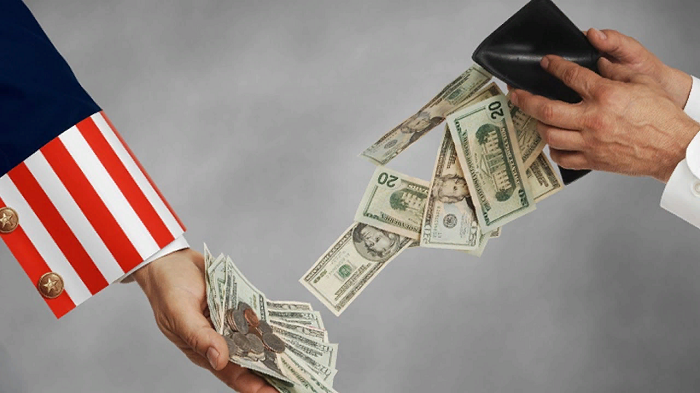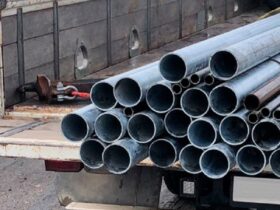Taxes and pensions. According to one expert, they can go hand in hand to ensure your financial security. Here are four tools to help you benefit from tax savings as you approach or retire.
“Catching up” contributions
And those who are just going to the ceremony, as well as those who have just left, can make large contributions to their retirement accounts. If you are 50 or older and still working, you can contribute an additional $1,000 to your IRA and an additional $6,500 to your 401(K) plan. This leads to significant savings, because if you are taxed at the marginal rate of 30%, you will be able to save thousands of dollars on taxes.
Therefore, everyone who has not yet retired needs to think about it. If you can make these additional contributions, then when you retire, you will have a “golden” financial reserve.
Standard deduction or item
-by-item deductions (itemizing deductions) used to be a way to optimize tax savings. However, the standard deduction is now so reliable that about 80% of people in the country use it.
Taxpayers aged 65 and over receive an even larger standard deduction. Single applicants receive an additional $1,750, and married applicants receive $2,800 in the standard deduction. Since there is a limit of $10,000 on the write—off of state and local taxes, unless pensioners make significant charitable contributions of more than $30,000, the standard deduction for most pensioners is what is needed.
This year, if you donated cash to charity, you can take advantage of the standard deduction and still deduct up to $300 for individual applicants and up to $600 for joint applicants. In addition, any pensioner who wants to make a significant contribution to charity can donate up to $100,000 from part of his IR and he does not need to report this on Form 1040.
Think about your heirs
The pandemic has made significant changes, and many were forced to retire earlier and began using their assets to manage finances. However, the use of certain assets may cause a tax burden for heirs.
Most people, to the extent that they have liquidity, should not use their highly valued assets, because according to the current legislation there is a rule according to which, after their death, the tax base is equal to the fair market value. Try to use bonds, cash and other investments that are not overvalued, so that the heirs have much less tax burden.”












Оставить ответ